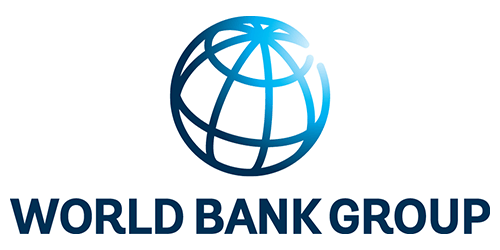14 PFAs gearing up to complete N5bn recapitalisation
By Favour Nnabugwu
Fourteen Pension Fund Administration are on the verge of completing the recapitalisation from N1billion to N5billion as stipulated by the National Pension Commisdion.
Only 8 out of the 22 Pension Fund Administrators (PFAs) in the country have recapitalized from to N5 billion
PenOp’s Chief Executive Officer, Oguche Agudah, who made this known at a virtual event tagged: ‘Beyond Capital – A Recapitalisation Strategy Workshop for Pension Operators’ organised by PenOp.
Agudah as saying that the operators have been working assiduously to comply with the recapitalisation mandate issued by PenCom in April this year.
Oguche Agudah, CEO, PenOp
He expressed optimism that other operators would meet the mandate before the deadline issued by PenCom.
Agudah stated that the recapitalisation would help strengthen the industry’s operators, adding that PenOp’s corporate strategy would have been met, when the PFAs achieve their set target.
PenCom said it increased the shareholders’ fund of PFAs from N1 billion to N5 billion to boost their capacity in terms of operational efficiency and service delivery.
PenCom stated this in a circular entitled: Revised Minimum Share Requirement for Licensed Pension Fund Administrators (PFAs), dated April 29, 2021 and sent to managing directors/chief executive officers of all licensed pension fund operators.
“The increase in the minimum regulatory capital is necessitated by the need to improve the capacity of PFAs, in terms of operational efficiency and effectiveness as well as service delivery,” PenCom stated.
The pension sector regulator noted that its board also approved a 12-month transition period, effective April 27, 2021, within which PFAs are to meet the new minimum capital.
“The board of the commission at its 48th meeting on April 27, 2021 approved the increase of the minimum regulatory capital (shareholders’ fund) requirement for PFAs from the current N1billion to N5 billion, unimpaired losses,” it said.





